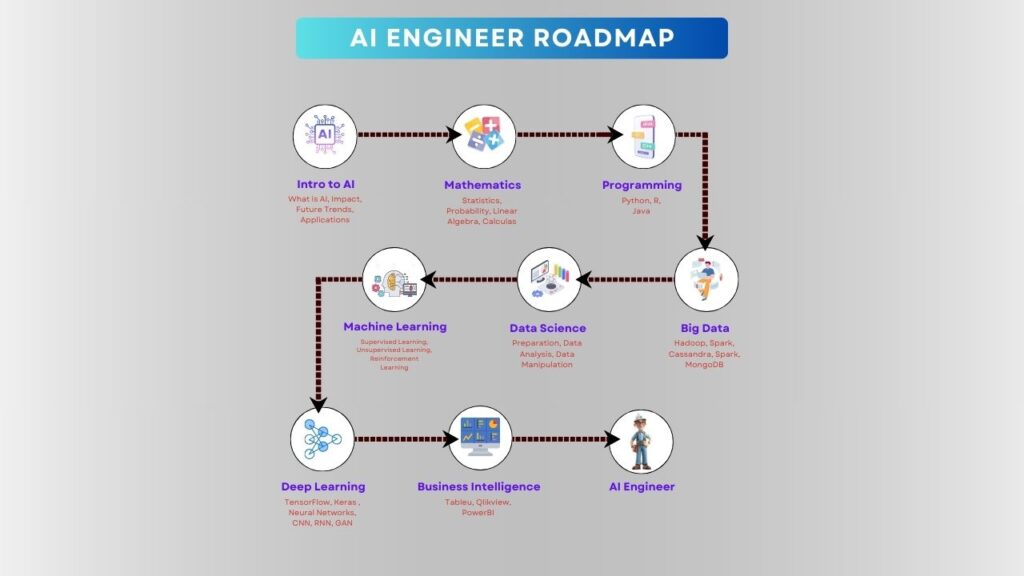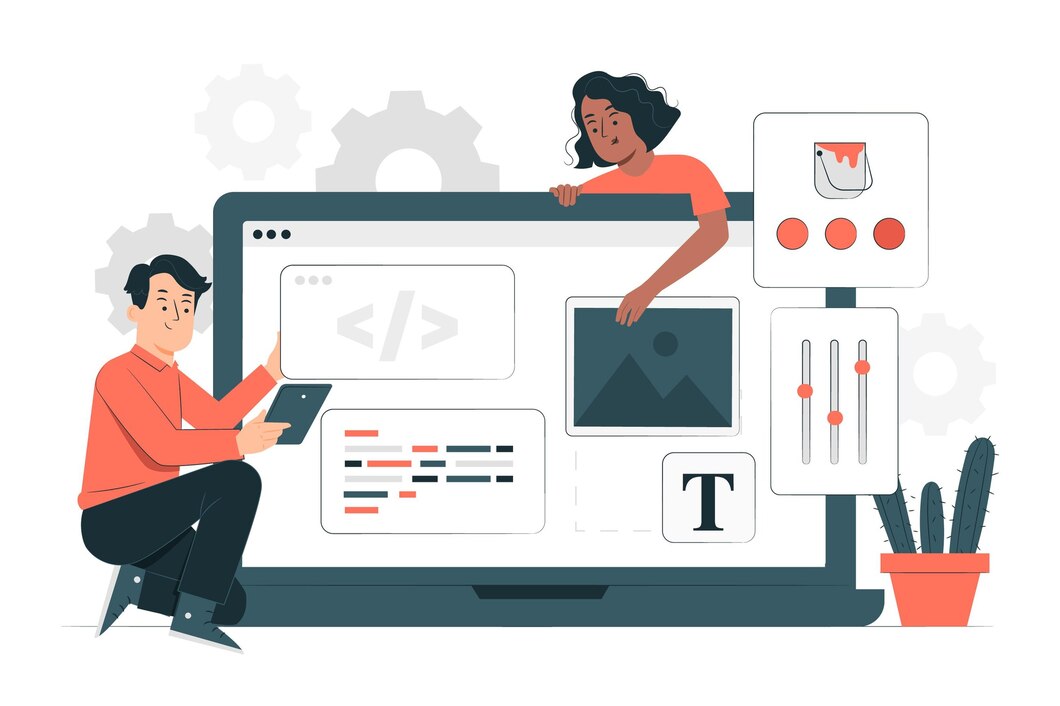AI, one among the most exciting sectors of ICT, is fast redefining our world. This blog post is for those of you who are interested in a career in AI engineering. Starting with the fundamentals of AI and finishing with state-of-the-art tools, we’ll equip you with everything necessary for your launch into this field.
What is AI?
AI refers to the evolution of artificially intelligent agents, which have the capability of replicating the thought patterns of humans. The agents can make decisions, resolve problems and even understand through experience. Algorithms and data power AI, and its impact is already being felt in many industries.
The Impact of AI
AI is utilized as a way of enhancing efficiency, accuracy, and speed of decision making across many fields such as healthcare, banking, and manufacturing. For instance, artificial intelligence is being employed in drug development, detecting fraud, and optimizing supply chain management.
Future AI Trends
AI surely has an extremely bright future. The emergence of new developments in natural language processing, computer vision, and autonomous systems will transform how we exist and relate.
Applications for AI
In real life, AI is already being put to various uses. Here are a few examples:
- Healthcare: AI has now been deployed in creating drugs, diagnosing diseases, and customized treatment management.
- Finance: Using AI in fraud detection, risk management and investment decision making
- E-commerce: AI is recommended to customers, price optimization, improve customer service.
- Autonomous cars: It is using AI to build autonomous cars which can drive safely with not much from the human.
Building the Brains: A Mathematical Foundation
For comprehension of AI, knowledge of the underlying mathematical principles is required. This comprises statistics, probability, linear algebra and calculus.
Taking the Path to AI Mastery through Coding
Without programming, AI cannot be developed. Some of the most commonly used programming languages for AI are Python, R, and Java.
AI and Big Data
Artificial intelligence or AI runs on data. Big data technologies such as Hadoop, Spark, Cassandra, and MongoDB must be known by AI engineers.
Also read – What is Big Data Architecture?
Setting the Stage: Your Data Journey Begins
It is important to note that before you can start building AI models, you should be an expert in collecting, cleaning, and manipulating data. To start, learn about the basics of data science.
Teaching Machines to Learn: A Deep Dive into Machine learning
AI is the brain of machine learning. This is how AI systems acquire knowledge from data. There are three main types of machine learning: these categories include supervised learning, unsupervised learning, and reinforcement learning.
Deeper Learning: The Neural Networks
One category of machine learning is deep learning, which makes use of artificial neural networks to gain knowledge. These are artificial networks, inspired by the brain and they can learn complex patterns from data.
The Impact of Being Data Driven in AI.
AI engineers need business intelligence technologies like Tableau, QlikView, and Power BI. Through such technologies, AI engineers get a chance to see and comprehend data so as to come up with insights.
Congratulations, You’ve Leveled Up! Now that you are an AI engineer.







